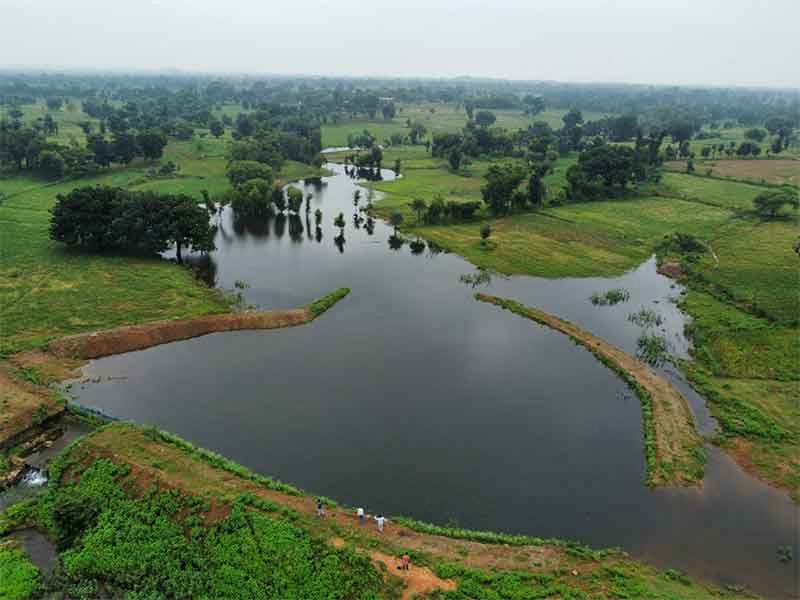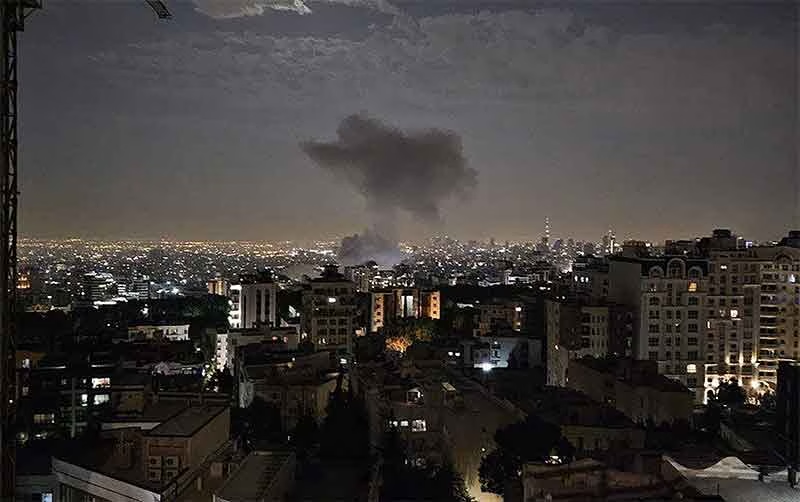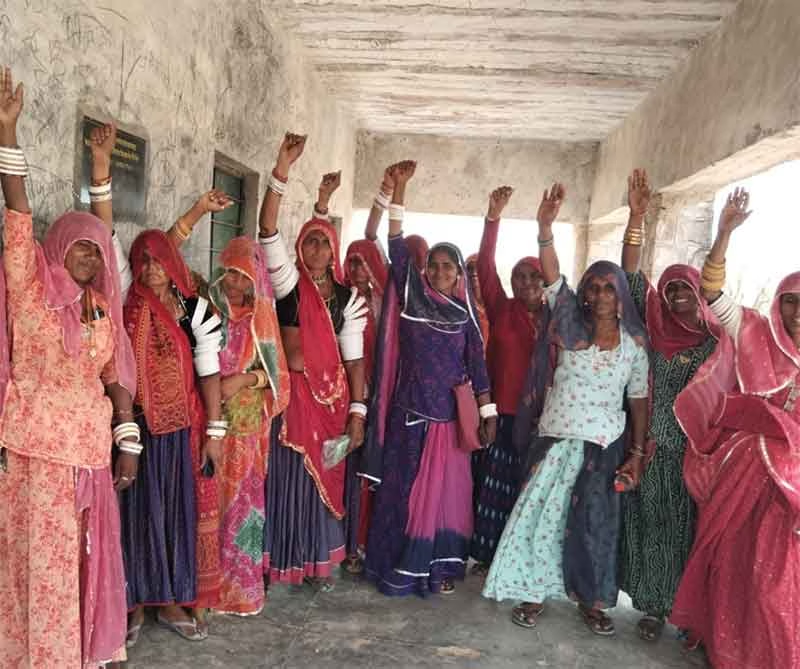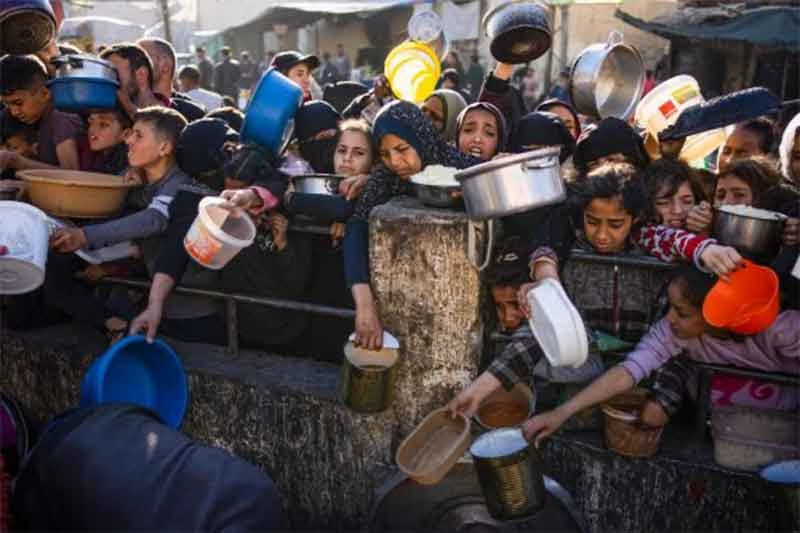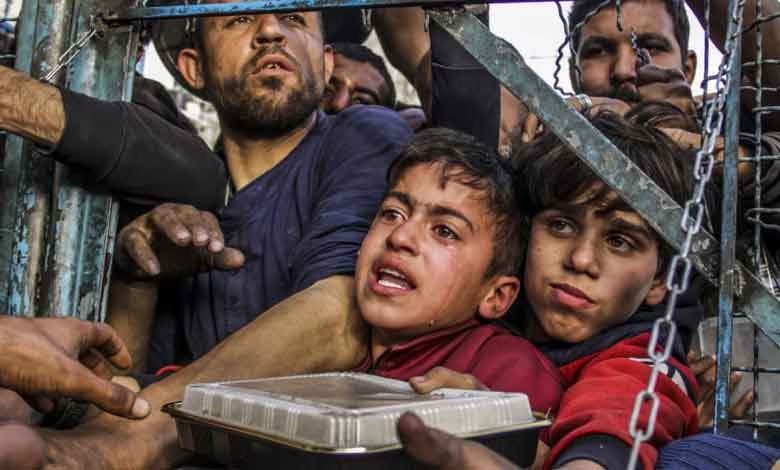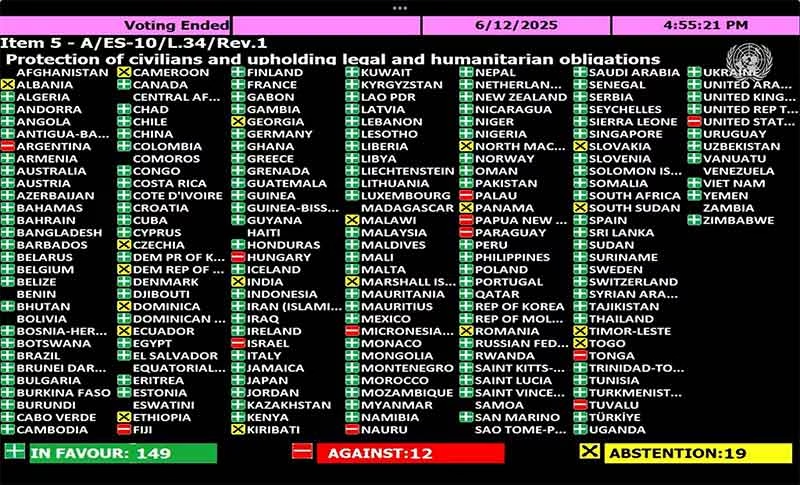
Despite all hostilities of the past, South Asia as a region really needs the path of peace-based progress, and those who sincerely wish for the welfare of people should certainly strive to keep alive the possibilities of peace even in adverse conditions.
It needs to be recognized at a deeper level that South Asia has very serious and almost unique development challenges. This region comprising eight countries (India, Pakistan, Bangladesh, Afghanistan, Nepal, Sri Lanka, Bhutan and Maldives) is spread over 3 per cent of the world’s land area. However with just 3% of the world’s land area South Asia has about 25% of the world’s population. Its natural resources (particularly in the context of more valuable ones like oil and gas or rare earths or precious metals) are not rich and the region depends on substantial imports of most of this. In terms of climate change, this region’s long coastline, Himalayan ranges, vast deserts and river-bank areas are particularly vulnerable. Vast areas are affected by water scarcity and soil degradation.
Over the greater part of the region colonial rule exercised a very baneful impact for almost two centuries, plundering the land and people at a time when Europe and some other countries were surging fast ahead with rapid economic growth. Colonial regimes also pursued a policy of divide and rule, so that state power was deliberately used for a long time to promote hostilities among people of different communities in organized ways. Those truly great leaders who stood for unity of people were jailed and victimized at crucial times, while those who stood for divisions and for opportunism were supported and given a free hand. This resulted in partition, killing and displacing millions, and created the base for unending hostilities which have continued to this day. Other countries or territories of the region, which did not directly go under colonial rule, also suffered from its extended adverse impacts. Even in the last years of the colonial rule millions died in extended man-made famines to serve very narrowly defined colonial interests.
Thus development challenges in this region are immense and the region can progress best only in conditions of peace, away from the shadow of war. Such dangers have increased further after two countries of the region have acquired nuclear weapons and in addition there has been a big increase in the acquisition of other arms in the region.
If only the region can learn to live in peace on durable basis, it has important strengths on the basis of which to progress well and to unitedly acquire a very strong presence in the world which in turn is used to serve the wider cause of peace and inter-faith harmony at world level. This region may comprise only 3% of the world’s land area, but historically it has contributed in disproportionately great terms. This is the birthplace of at least four great religions of the world—Hinduism, Buddhism, Sikhism and Jainism. Even today, South Asia has the highest presence of people from at least four leading religions—Hindus, Muslims, Sikhs and Jains. While Muslims are most often discussed in the context of the Middle East and North Africa (MENA) region, it is not often not realized that the number of Muslims in South Asia is almost double the number of Muslims in MENA region (over 600 million in South Asia compared to a little over 310 million in MENA). South Asia is also the region of some of the greatest social reformers and spiritual leaders who gave the message of the kind of spiritual greatness which overcomes all narrow inter-faith divides, while at the same time emphasizing justice and compassion– as seen in the teachings of Guru Nanak, Sant Kabir, Sant Ravidas, Garib Nawaz and several great sufi saints, preceded much earlier by the teachings of Gautam Buddha and Mahavir Jain. Christianity came to South Asian shores in ancient times, as did Judaism, and grew firm roots here. Faiths born elsewhere like those of the Zoroastrian and the Baha’i communities came here and flourished. Various adivasi religions and faiths have an important presence and following here. There have been rich traditions of agnosticism as well as atheism.
People speaking well over 100 languages and over 1000 dialects live here, each with its rich literature and folk-songs and stories.
Hence South Asia must re-discover and re-strengthen its basic identity as a meeting ground of various cultures, languages, religions and faiths, guided by bhakti and sufi movements and also strengthened by more modern concepts of democracy, secularism, equality and human rights for all.
South Asia imagined and re-built on the basis of such unity would be able to transcend any land boundaries of countries so that people of all countries and faiths can live in peace with each other.
During freedom movements, leaders who got the greatest and most enduring support of all people, cutting across all narrow boundaries of faith, were those who emphasized unity, inter-faith harmony, justice and rights of women. These included internationally acclaimed names like Mahatma Gandhi, Badshah Khan and Bhagat Singh. The enduring vast popularity and great respect for such leaders indicates that an agenda based on peace, unity, inter-harmony, democracy and justice has appealed to the majority of people over long periods of time, and the problems really came in a big way when the narrow forces of fanaticism and fundamentalism tied to authoritarian trends were unleashed time and again first by colonial rulers, later by other external and imperialist forces as well as their collaborators and internal powerful forces.
South Asia must strive to achieve a strong presence at world level that stands firmly for justice, peace, democracy and protection of environment, but it can achieve this only on the basis of first internally promoting the same precepts and also opposing forces of fanaticism and intolerance, as well terrorism and violence linked to them. There should be continuing commitment to strengthening peace with all neighboring countries, protection of all minorities and also to broader peace-based unity in the South Asian region.
When we live like this, we’ll be also to fully enjoy the great music and movies of all countries of the region, their great food and cuisine, their great poetry and other literature. We’ll be able to together enjoy the beauty and flow of Urdu language, while at the same re-discovering together the greatness of Sanskrit.
Subscribe to Our Newsletter
Get the latest CounterCurrents updates delivered straight to your inbox.
Bharat Dogra is Honorary Convener, Campaign to Save Earth Now. His recent books include Saving Earth for Children, Planet in Peril, A Day in 2071 and Man over Machine—A Path to Peace.



